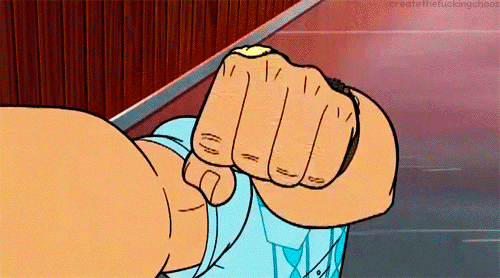This might sounds a bit odd, but it wouldn't be amiss to include a little advice on how to resolve conflicting ideas/behavior that make the game less fun for everyone. Like what do you do when a player character's actions are making the game less enjoyable for others? How do you address this in a manner that's preserves the dignity of the person you're talking to and leads to a mutually satisfactory conclusion?
Ethereal mummy!
Some players will find more enjoyment in spoiling a game than in playing it, and this ruins the fun for the rest of the participants, so it must be prevented. Those who enjoy being loud and argumentative, those who pout or act in a childish manner when things go against them, those who use the books as a defense when you rule them out of line should be excluded from the campaign. Simply put, ask them to leave, or do not invite them to participate again.
Peer pressure is another means which can be used to control players who are not totally obnoxious and who you deem worth saving. These types typically attempt to give orders and instructions even when their characters are not present, tell other characters what to do even though the character role they have has nothing to do with that of the one being instructed, or continually attempt actions or activities their characters would have no knowledge of. When any such proposals or suggestions or orders are made, simply inform the group that that is no longer possible under any circumstances because of the player in question. The group will then act to silence him or her and control undesirable outbursts. The other players will most certainly let such individuals know about undesirable activity when it begins to affect their characters and their enjoyment of the game.
Strong steps short of expulsion can be an extra random monster die, obviously rolled, the attack of an ethereal mummy (which always strikes by surprise, naturally), points of damage from "blue bolts from the heavens" striking the offender's head, or the permanent loss of a point of charisma (appropriately) from the character belonging to the offender. If these have to be enacted regularly, then they are not effective and stronger measures must be taken. Again, the ultimate answer to such a problem is simply to exclude the disruptive person from further gatherings.
1e DMG p. 110.
TLDR- Three solutions.
1. Kick the player out.
2. Peer pressure.
3. DM fiat!
Now that's some advice that has aged well.



